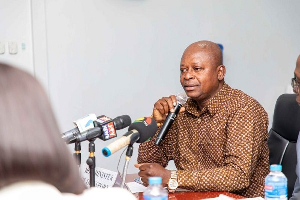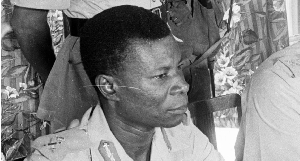One of Ghana’s new faces in hiplife, Nasty Tay, whose latest song, Obolo featuring Ex-Doe is receiving a considerable airplay, has ‘pointed a left finger’ at some TV stations in the country for what he described as double standards on their part. Watch Obolo by Nasty Tay feat. Ex Doe
Nasty, speaking in an exclusive with Beatwaves last Wednesday, said “some Ghanaian TV stations always allow on their network foreign music videos with women at beaches wearing bikinis as well as movies that depict lovemaking. However, those of local artistes which are nowhere near the foreign ones are always denied airtime though they are paid for.”
This he said was “not fair and could go a long way to kill local talents.” He went on to explain that sometimes the environment influences what comes up in their videos.
“For instance, when we have beach scenes in our videos definitely we will still need someone to wear bikinis and not Kaba and slit,” he indicated.
Recently, Nasty said, the mother of all TV stations (name withheld) “took off my video with the argument over the way ladies in my video danced. Yet still they went ahead and showed international sexy videos of Neyo and 50cent which even have worse things than mine.”
According to him if his video was not worth showing on TV then those international ones should also be barred to show fairness.
Nasty, who seemed prepared to fight for his rights as far as music was concerned, continued that the Ghanaian media especially the electronic media was the major stumbling block between musicians and success.
“The media is not helping musicians; the media is the problem. We have to pay huge amounts before our videos or songs are aired.
They show these videos and we don’t even get royalties back.
With those who pay us back too, their monies are just like ice water money,” he argued.
He thus encouraged the media to help transform the lives of musicians since they had the power to do so and as well urged fellow musicians to be vocal about issues affecting the industry, adding “they should stop paying payola”.












